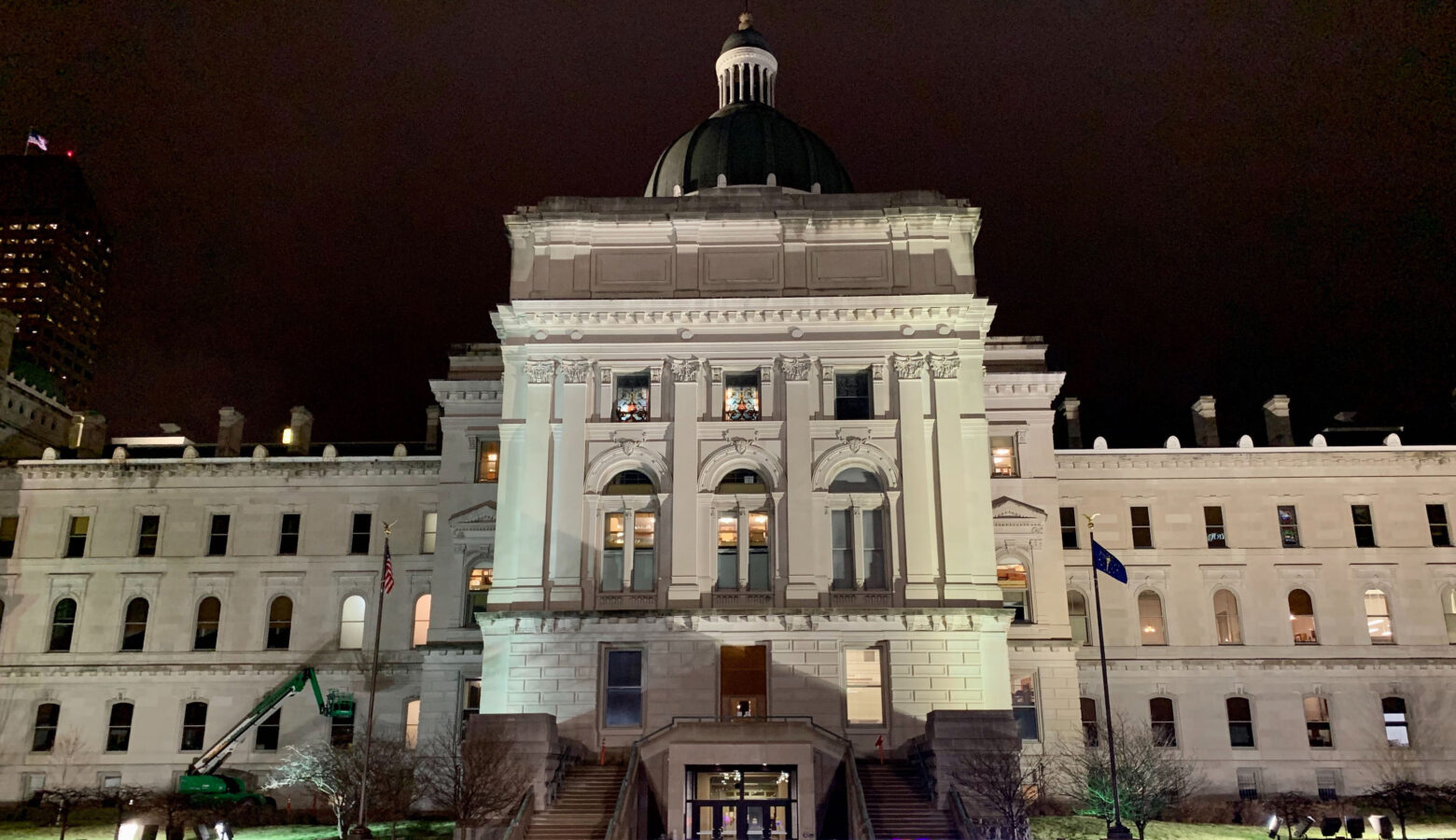Are state lawmakers held accountable for their decisions? New book probes question

As state legislatures become more powerful and influential, are lawmakers held accountable for the decisions they make? That’s the question posed by Steven Rogers, St. Louis University associate professor of political science, in his new book. “Accountability In State Legislatures.”
Rogers’ answer is yes — but only a bit.
Elections are meant to be the tool to hold lawmakers accountable. But Rogers said that power has waned over the last two decades as fewer lawmakers face challenges on the ballot.
“Over a third of state legislators nationwide are winning reelection just by signing up,” Rogers said.
Even in competitive races, Rogers said the evidence shows that legislators must be “overwhelmingly out of step” with their constituents before they have to worry about losing reelection.
Rogers said that’s in part because voters often lack information about their lawmakers, as shown in surveys he did for the book.
“A lot of times what people did was they confused their state legislator for their U.S. House member or their U.S. senator. And so this is kind of reflective a little bit of that voters are asked to do a lot,” Rogers said. “They are asked to know who their mayor is, who their city council person is, who their school board member is, who their U.S. House member is, who their U.S. senator is, who their governor is.”
Join the conversation and sign up for the Indiana Two-Way. Text “Indiana” to 73224. Your comments and questions in response to our weekly text help us find the answers you need on statewide issues, including our project Civically, Indiana.
And surveys of state legislators reveal lawmakers know that.
“Only 15 percent of state legislators thought that voters knew who to blame for policies they did not like,” Rogers said.
Ways to increase accountability include more media coverage of statehouses, more professionalized state lawmakers and more competitive districts.
But, Rogers said, realistically, such changes are unlikely in the near future.
Brandon is our Statehouse bureau chief. Contact him at bsmith@ipbs.org or follow him on Twitter at @brandonjsmith5.

